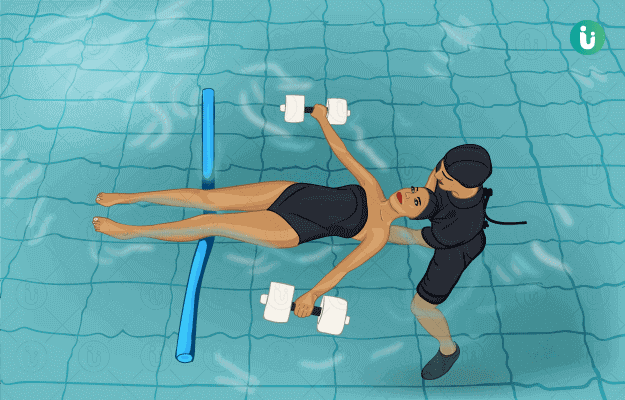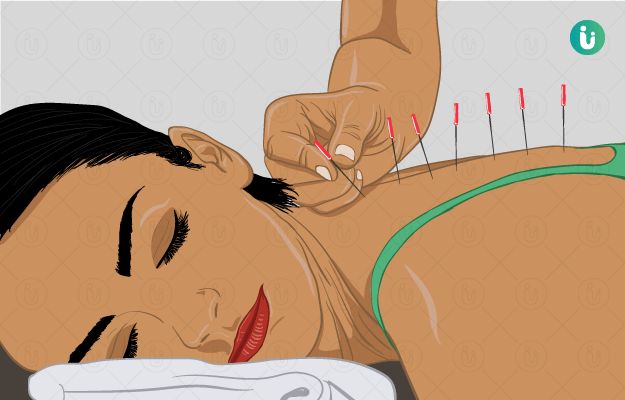Each one of us desires and values a perfect smile. We all know that our teeth play such an immeasurable role in bringing the smile out on our faces. But due to certain circumstances such as accidents, cavities, discoloured teeth, gum diseases and unstable teeth, we may refrain from smiling freely. For all of you who can relate to this, do not lose hope, artificial teeth can help fix this problem easily. Keep reading to know more.
Why is it important to replace the missing teeth?
Our natural teeth act as a support system for our jawbones as well as the muscles of our face. They have an important role because they not only help us in looking good but also help in maintaining and regulating the growth and height of our jaw bones. They are also an integral part of chewing and speaking.
Whenever there is a loss of a tooth, the bone in which the tooth was once embedded starts decreasing in height. Besides this, the facial muscle which was initially supported by the tooth also becomes saggy and gives your face a wrinkled and much older appearance. Hence, it is wise and important to get your lost teeth replaced by artificial teeth.











































